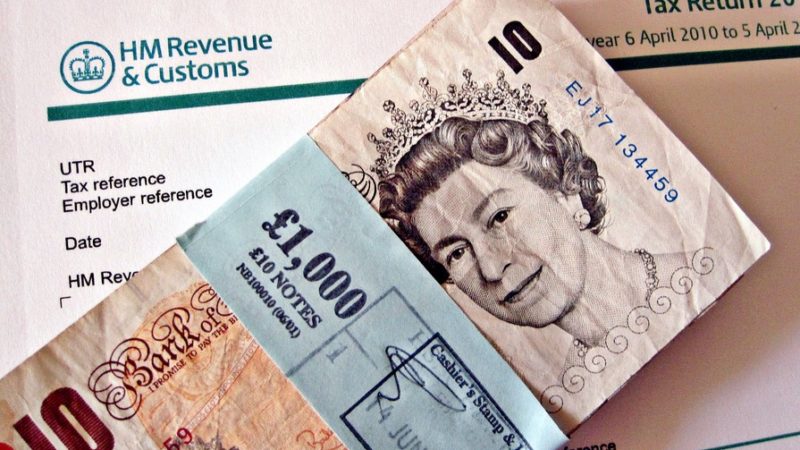The good news of today doesn’t make up for 15 years of unprecedented wage stagnation.

While UK wages may have grown at a record rate, real regular pay is £230 per week lower than if real pay growth had continued at the pre-financial crisis trend.
New figures released today by the ONS found that pay grew by 7.8% in the three months to June, making it the highest jump since comparable records began in 2001.
However, the good news of today doesn’t make up for 15 years of unprecedented wage stagnation.
The Resolution Foundation finds that: “Average regular pay is now slightly higher than the pre-financial crisis 2008 peak in real terms (at £613 vs £612 per week respectively) for the first time outside of the pandemic period. This unprecedented period of 15 year pay stagnation has come at a huge cost – real regular pay is £230 per week lower than if real pay growth had continued at the pre-financial crisis trend of 2.1 per cent.”
Nye Cominetti, Senior Economist at the Resolution Foundation, said: “Pay growth accelerated in June to end Britain’s painful 18-month pay squeeze.
“This welcome news for workers won’t be shared by policy makers at the Bank of England though, as it will put further pressure on their efforts to curb inflation. They will hope that rising unemployment and falling vacancies will take the steam out of pay rises in the coming months.
“The big picture however is that pay packets today are now higher than they were before the financial crisis. This unprecedented 15 year stagnation has cost average workers £230 a week – and left Britain a far poorer country.”
Basit Mahmood is editor of Left Foot Forward
Left Foot Forward doesn't have the backing of big business or billionaires. We rely on the kind and generous support of ordinary people like you.
You can support hard-hitting journalism that holds the right to account, provides a forum for debate among progressives, and covers the stories the rest of the media ignore. Donate today.



